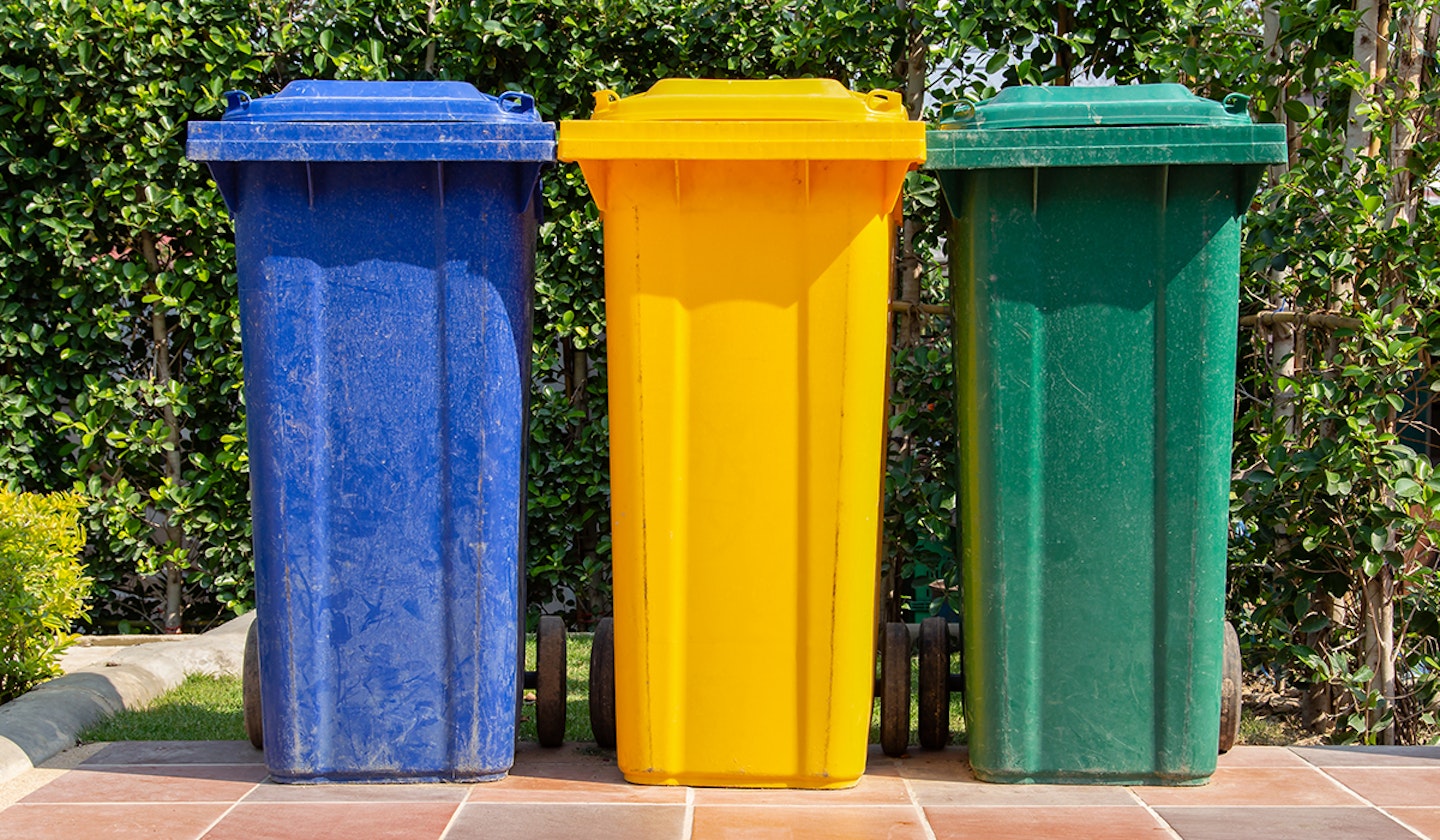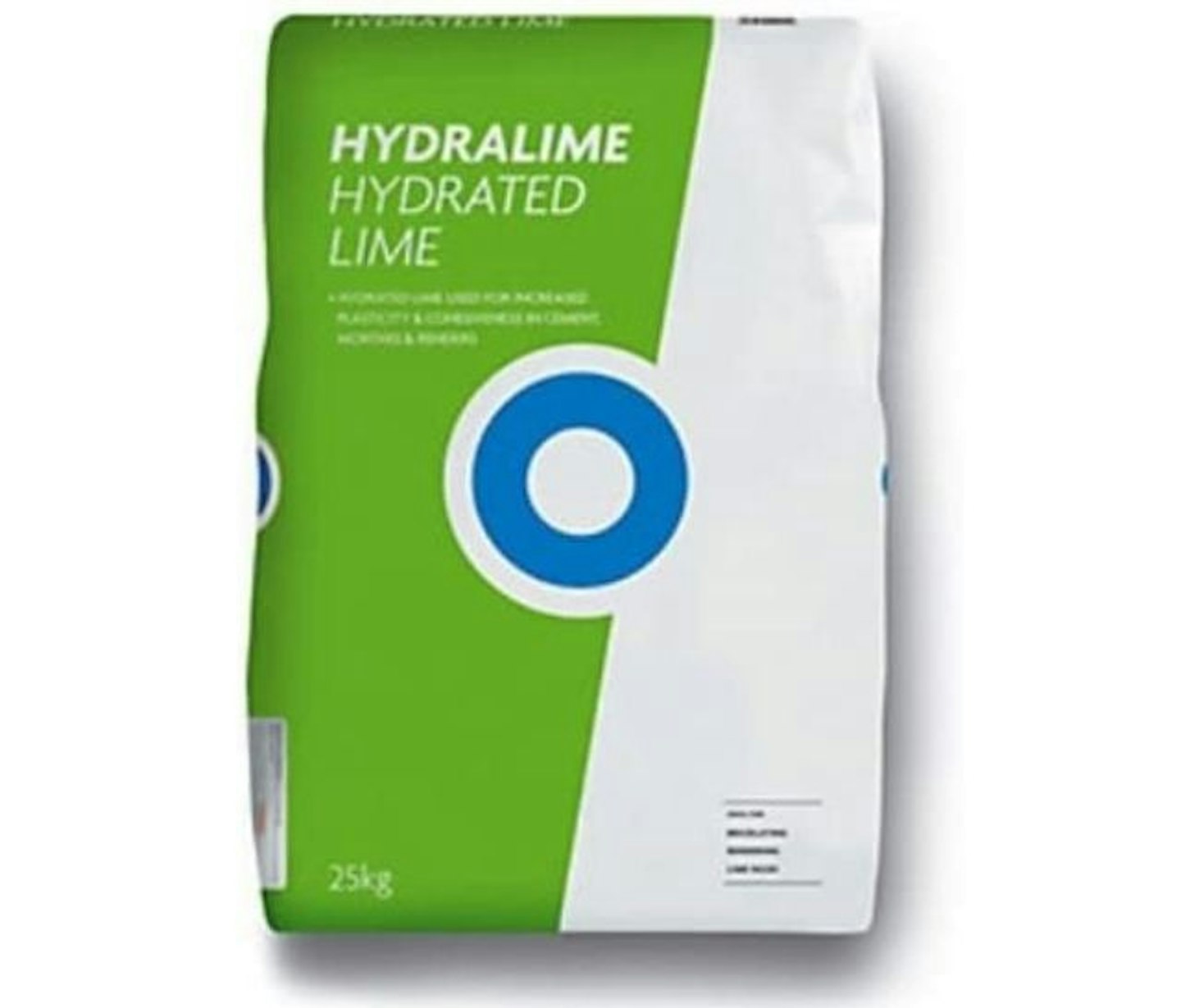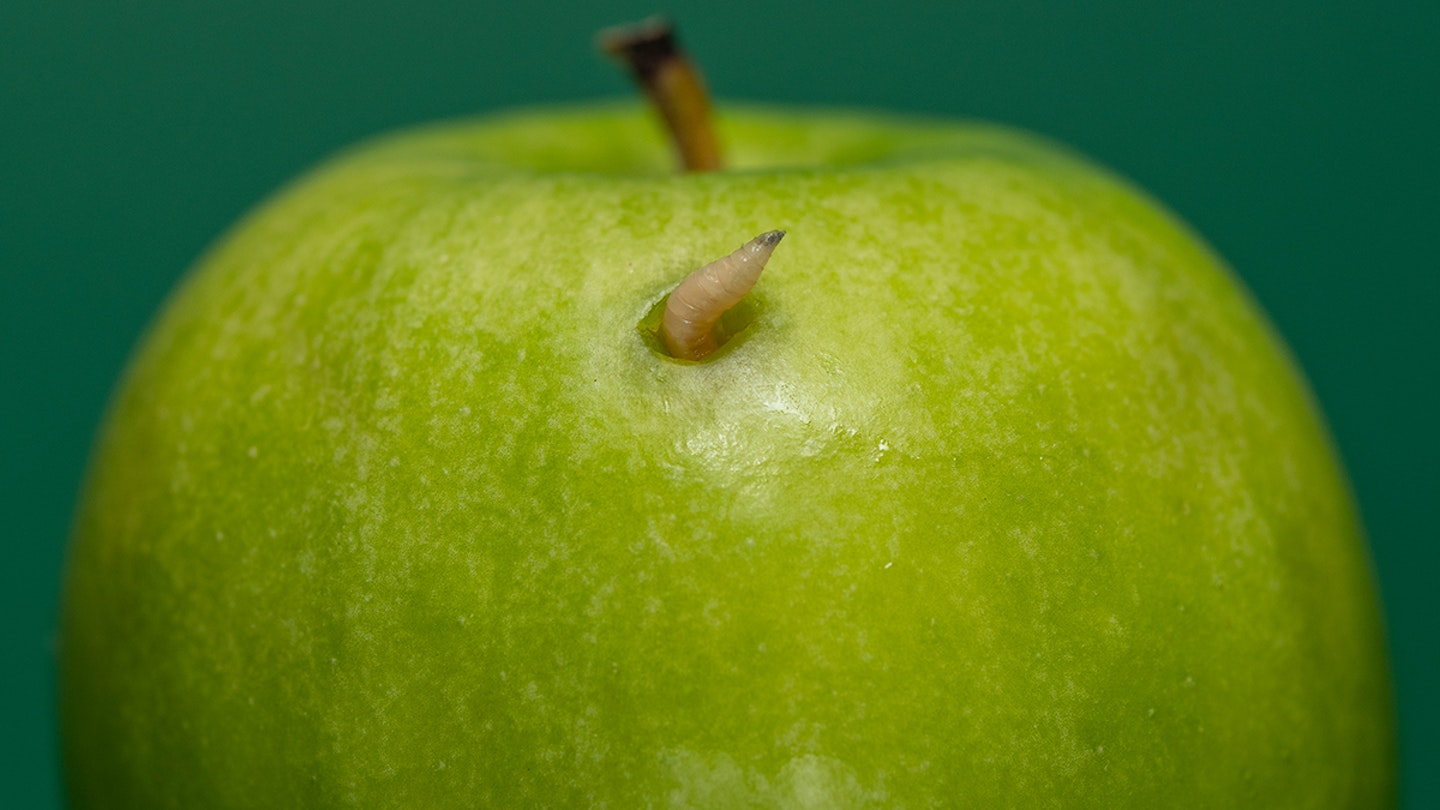Maggot infestations can be common, especially in your wheelie bins. Although they're not uncommon, maggots are highly unpleasant household pests.
While they’re not harmful, a maggot-infested bin isn’t nice and looks unsightly so you’ll want to tackle them quickly.
If you want to know how to combat your maggot problem, here's everything you need to know, with expert advice from Pest Controller, Walter Murphy from PriceYourJob.
What are maggots?
Maggots are a type of larvae which come from the eggs laid by flies. When flies are attracted to food and other rubbish, they lay their eggs and later hatch into maggots.
They are incredibly quick to reproduce, especially in warm and damp environments and are particularly attracted to food waste like meat and fish.
Walter says, 'The word maggot is a generic term for the larvae of a fly. They have soft bodies and are typically found where decay is present.'
The bottom line is, you'll only have a maggot problem if flies can get to your waste.
What causes maggots?
According to Walter, 'Female flies tend to find an egg-laying spot near decaying materials. Environments such as moist soil are perfect for maggots to lay eggs, as they can feed on decomposing material. Maggots are also commonly found in rubbish bins where there is decaying organic matter, such as animal waste or rotten fruit and vegetables.'

How to get rid of maggots in wheelie bin
Thankfully, there are various ways to get rid of maggots that you can try.
Chemical removal
One of the most effective ways of getting rid of maggots is by applying a water-based permethrin spray. Two to three sprays of permethrin should instantly kill the maggots. When spraying, make sure you hold the bottle within a radius between 1.5m to 7.6m to ensure you target the affected area correctly.
You can also use a mixture of one cup of bleach and one cup of water which should be poured over the maggots to eliminate them. If pouring this solution in a bin, you should leave this for around 30 minutes before opening the bin and cleaning it out.
The natural way
If you would prefer to use a natural method, then you should mix together a small amount of cinnamon and a cup of water which should be poured onto the maggots. This typically takes around six hours to kill the larvae and it can also prevent future infestations.
You can also sprinkle lime and salt over areas where maggots are present, as this will cause them to dehydrate. This will eventually lead to them dying as a result of water pressure deficiency.
How to get rid of maggots in compost
Watch DIY guru, Rob Palmer, talk in the video below about how to get rid of maggots in your compost without using harmful chemicals and damaging your compost.
Rob shows us how hydrated lime "works beautifully". What's best is you can pick a bag up from B&Q for about £10!

www.diy.com
Blue Circle Hydra-lime is a hydrated lime used for increased plasticity and cohesiveness in cement, mortars & renders. In this instance DIY YouTuber Rob Palmer talks us through how useful this stuff is to help clear maggots from your garden compost.
How can I reduce the chance of getting maggots?
Walter says the biggest thing we can do to prevent maggot infestations is to think about changing our bin.
'You may want to consider investing in a new bin which does not hold odors and therefore will deter flies. You should also try to empty and clean your bin as often as possible, especially if you have any meat scraps, as this will attract flies and increase the number of maggots.
'Another great way to reduce the chance of getting maggots is by learning more about them. For example, you should be more vigilant about maggot infestations in the summer, as hot weather tends to bring more maggots.
'You can also repel flies by adding basil or evergreen clippings to your rubbish bin. Both of these will disguise the smell of any rotting materials in your bin.'
More useful tips
• Stop flies from getting to your waste by ensuring your bin lid is closed properly
• Use fly spray
• Reduce the amount of food waste
• Try using brown paper bags to dispose of food waste, to ensure food isn't left loose in your bin
• Give your bins a wash out with the hose
• Never leave food uncovered in the home
• Try using Citronella spray on, and into, your bins
• Clean out recycled containers before popping them in the bin
Want to stop flies getting in your bins? Take a look at these wheelie bin storage options
Did you know...
As if the maggot cleaning wasn't bad enough, there is actually something known as 'maggot therapy'.
Maggots have been known to be introduced to a wound to remove necrotic, infected tissue to clean out a wound if 'it is prone to re-sloughing'. Sloughing is basically when a wound comprises of too many dead cells caused by bacteria.
This technique has been used for centuries, but in more recent medicine, doctors and tissue visibility specialists have found that maggots have been used to clean wounds much quicker than conventional dressings.
It is important to remember however that maggots can sometimes be harmful to humans, says Walter.
'If a human ingests maggots, it is not a huge cause of concern. However, it can lead to bacterial poisoning which can cause them to become unwell.'
